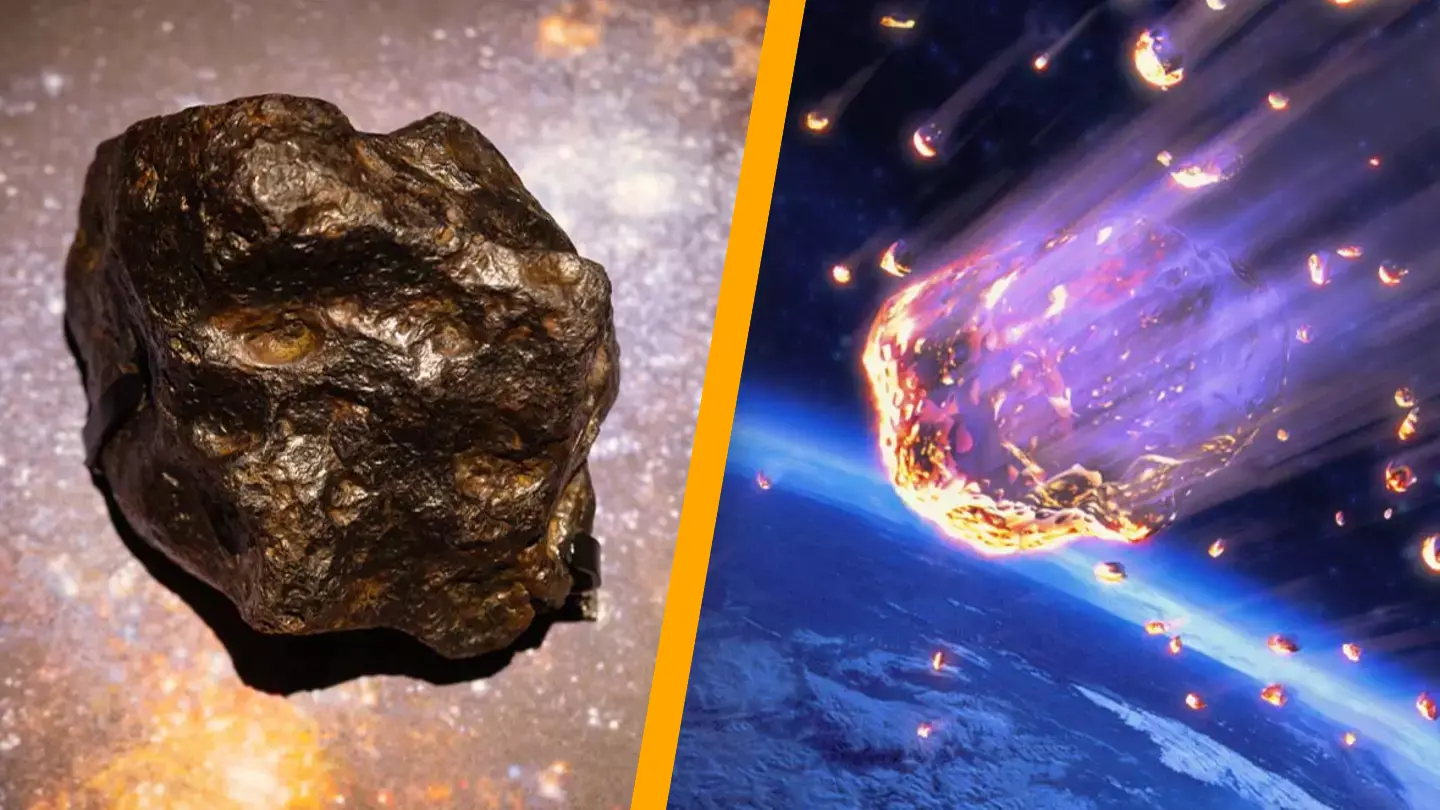Scientists have proposed that life as we know it on Earth may have originated from a massive meteorite, estimated to be four times larger than Mount Everest.
Despite extensive research into Earth’s history, surprising new discoveries continue to emerge. These revelations often catch many off guard, as scientists unveil unexpected findings about our planet.
For years, experts have asserted that all humans are descended from a single common ancestor.
Nonetheless, the origins of Earth itself have long been a topic of speculation, providing fertile ground for various theories and debates.
A recent study from Harvard University sheds light on this subject, suggesting that a meteorite collided with Earth billions of years ago, playing a pivotal role in the emergence of life.
According to the research, the S2 meteorite struck what is now South Africa approximately 3.26 billion years ago.
Nadja Drabon, a geologist and assistant professor in the Department of Earth and Planetary Sciences, has led the investigation.
She has focused on collecting and analyzing rock samples, examining their sedimentology, geochemistry, and carbon isotope compositions.
In a press release, Drabon explained: “Picture yourself standing off the coast of Cape Cod, in a shelf of shallow water. It’s a low-energy environment, without strong currents. Then all of a sudden, you have a giant tsunami sweeping by and ripping up the sea floor.”
So, what were their findings?
The scientists discovered that the meteorite, considerably larger than the one that caused the extinction of the dinosaurs, triggered a tsunami that churned the ocean and dispersed debris toward coastal regions.
The impact’s heat vaporized the ocean’s upper layer and subsequently heated the atmosphere.
Drabon elaborated: “We think of impact events as being disastrous for life. But what this study is highlighting is that these impacts would have had benefits to life, especially early on, and these impacts might have actually allowed life to flourish.”
While meteorite impacts are often linked with destruction, this study suggests they may also have provided opportunities for life to thrive.

